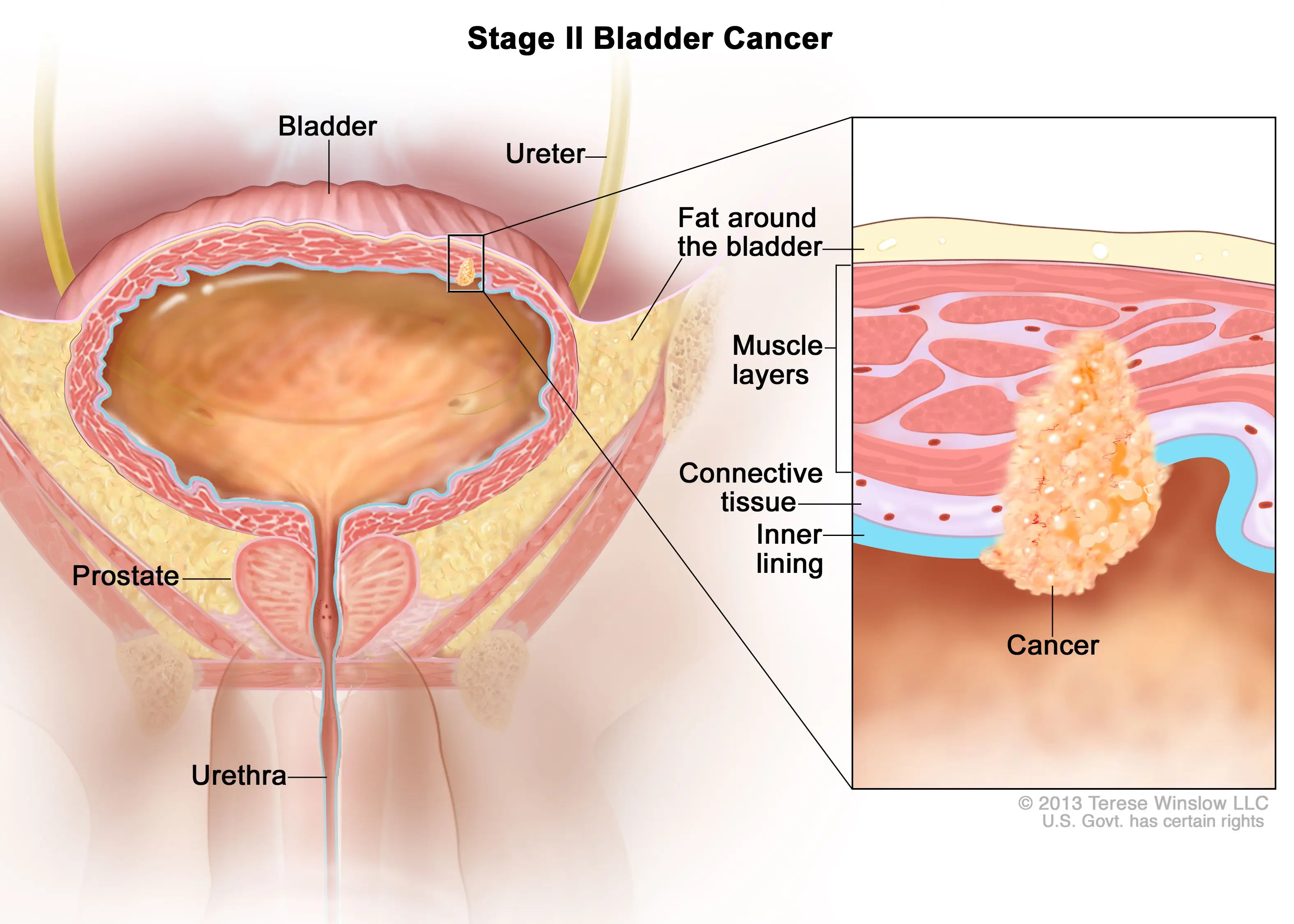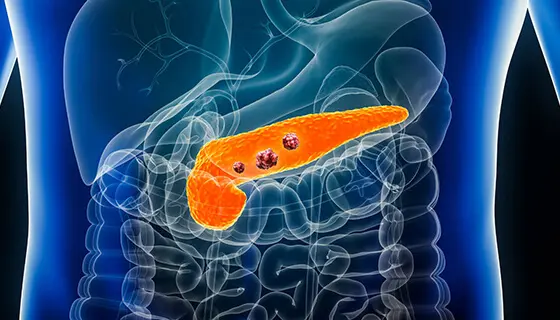New Breakthroughs in Advanced Prostate Cancer Treatment
In recent years, there have been significant breakthroughs in prostate cancer treatment, especially for patients with advanced prostate cancer. Prostate cancer is one of the most common cancers among men, and while early-stage prostate cancer has high survival rates, advanced stages require more complex treatment options. In this article, we’ll explore the latest advancements in treatment, focusing on novel therapies and innovative approaches to improve patient outcomes and quality of life.
What is Advanced Prostate Cancer?
Advanced prostate cancer refers to the stage where the cancer has spread beyond the prostate to other parts of the body. The disease is typically categorized into:
- Locally advanced: Cancer has spread to nearby tissues.
- Metastatic: Cancer has spread to distant organs, often to the bones or lymph nodes.
Treatment options for advanced prostate cancer have evolved significantly in recent years, providing new hope for patients who previously had limited options.
New Breakthroughs in Prostate Cancer Treatment
Recent advances in treatment for advanced prostate cancer include targeted therapies, immunotherapy, and the development of better hormonal treatments. Below are some of the most promising treatments available in 2025:
1. Immunotherapy for Prostate Cancer
Immunotherapy is revolutionizing cancer treatment by harnessing the body’s immune system to fight cancer. Checkpoint inhibitors, such as PD-1 inhibitors and CTLA-4 inhibitors, are showing promising results in clinical trials for advanced prostate cancer. These treatments are particularly effective for patients with specific genetic markers, such as those with mismatch repair deficiencies.
2. Targeted Therapy and Precision Medicine
Precision medicine focuses on targeting specific genetic mutations that drive cancer growth. In prostate cancer, drugs like PARP inhibitors and PI3K inhibitors are being used to target cancer cells with specific mutations. These treatments have shown positive outcomes, especially in patients with BRCA mutations or those who have become resistant to traditional therapies.
3. Advanced Hormonal Therapy
Hormonal therapy has long been a cornerstone of prostate cancer treatment, especially for advanced stages. New generations of hormonal therapies, such as abiraterone and enzalutamide, have demonstrated better efficacy in controlling prostate cancer progression. These drugs work by blocking the hormones that fuel prostate cancer growth, such as testosterone.
4. Radioligand Therapy
Radioligand therapy is a new form of targeted treatment that uses radioactive molecules to deliver radiation directly to prostate cancer cells. One example is 177Lu-PSMA-617, which targets the prostate-specific membrane antigen (PSMA) found on prostate cancer cells. This therapy has shown significant promise in patients with metastatic castration-resistant prostate cancer (mCRPC).
5. Gene Therapy and CAR T-Cell Therapy
Gene therapy and CAR T-cell therapy are cutting-edge treatments that are still in experimental stages but hold great promise. These therapies involve modifying a patient’s own immune cells to better recognize and attack cancer cells. Researchers are exploring these treatments to improve efficacy and reduce side effects in patients with advanced prostate cancer.
How These Breakthroughs are Changing the Treatment Landscape
The new breakthroughs in prostate cancer treatment are providing patients with more personalized and effective options, which may increase survival rates and improve quality of life. By focusing on the genetic makeup of both the patient and the cancer, these treatments can target cancer cells more precisely, reducing damage to healthy tissues.
Additionally, the introduction of combination therapies, where two or more treatments are used together, is offering even more promising outcomes. For example, combining immunotherapy with radioligand therapy or targeted therapies can significantly improve treatment efficacy for patients with metastatic prostate cancer.
Comparison of Treatment Options for Advanced Prostate Cancer
| Treatment Type | Description | Best For | Pros | Cons |
|---|---|---|---|---|
| Immunotherapy | Uses the body’s immune system to fight cancer. | Patients with certain genetic markers, mismatch repair deficiencies | Promising results in clinical trials, minimal side effects | Not effective for all patients, still in experimental stages |
| Targeted Therapy | Targets specific genetic mutations in cancer cells. | Patients with BRCA mutations, resistant to traditional therapies | Highly targeted, fewer side effects | Requires genetic testing, can be expensive |
| Hormonal Therapy | Blocks hormones that fuel prostate cancer growth. | Most patients with advanced prostate cancer | Well-established, effective for many patients | Resistance can develop over time |
| Radioligand Therapy | Uses radioactive molecules to target prostate cancer cells. | Metastatic castration-resistant prostate cancer (mCRPC) | Targets cancer cells directly, fewer side effects | Limited availability, still under investigation |
| Gene and CAR T-Cell Therapy | Modifies immune cells to better attack cancer cells. | Patients with aggressive or treatment-resistant prostate cancer | Cutting-edge, potential for long-term success | Experimental, limited availability |
Conclusion: The Future of Advanced Prostate Cancer Treatment
The breakthroughs in advanced prostate cancer treatment are changing the way doctors approach the disease, offering more personalized and effective treatment options. From immunotherapy to radioligand therapy and gene therapy, these innovations are offering new hope to patients with advanced stages of prostate cancer. As research continues to advance, more effective treatments will likely become available, leading to better outcomes and improved survival rates.
It’s important for patients to discuss these options with their healthcare providers to determine the best course of action based on their individual condition and needs. As we move into 2025, the future of prostate cancer treatment looks promising, offering hope for better outcomes and a brighter future for patients and their families.
Explore

Cancer Treatment Breakthroughs: What’s on the Horizon in 2025?

Understanding Uterus Cancer Treatment: What’s New in 2025?

Mental Health and Cancer Care: The Importance of Emotional Support During Treatment

Best Treatment Options for Lung Cancer in 2025

Top Bladder Cancer Treatment Options You Should Know About

Case Study: How U.S. Hotels Increased Efficiency with Advanced Management Software

Understanding Cancer Insurance: Why It's Essential for Your Health Coverage

What Are the Most Effective Pancreatic Cancer Treatments in 2025?
